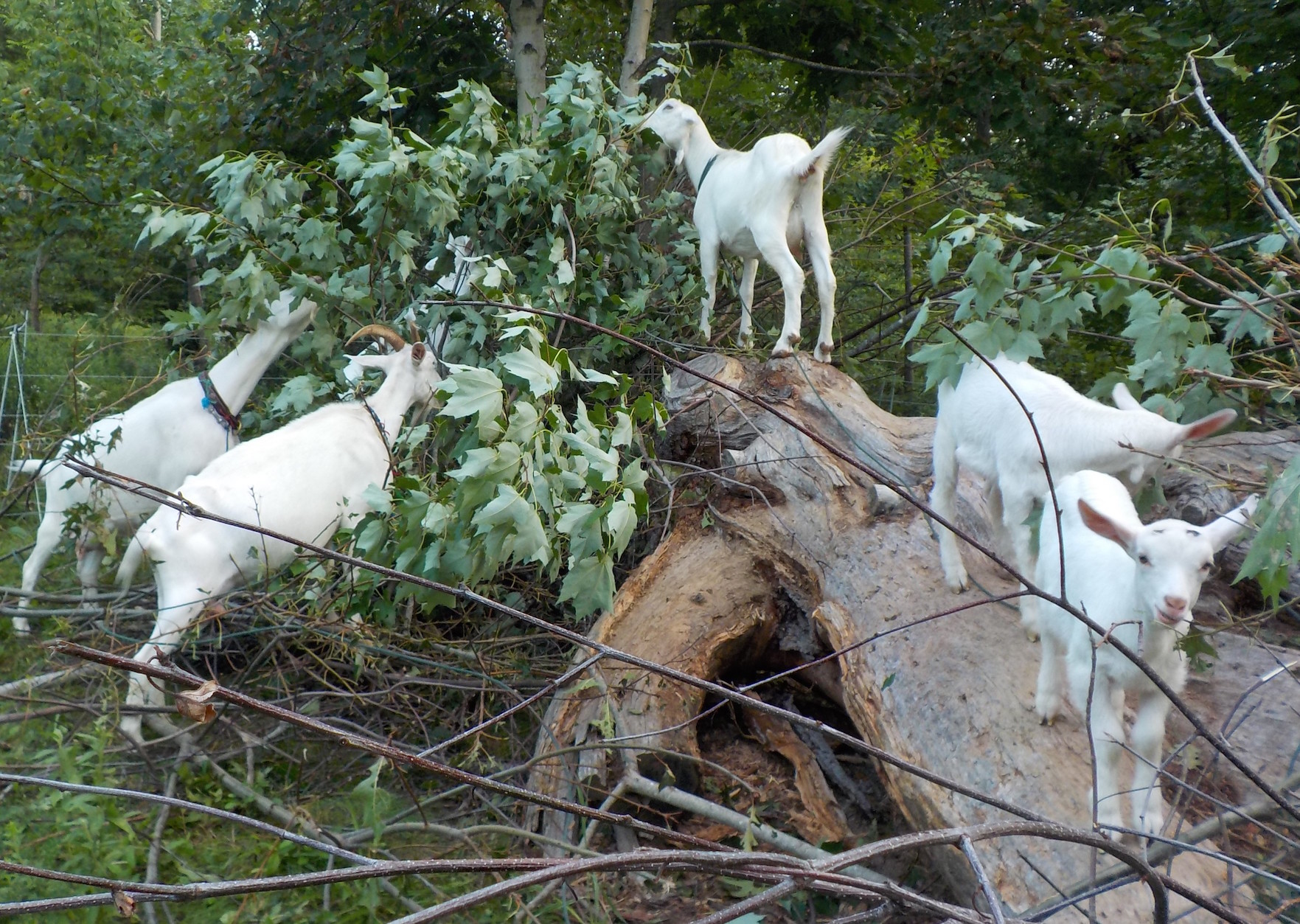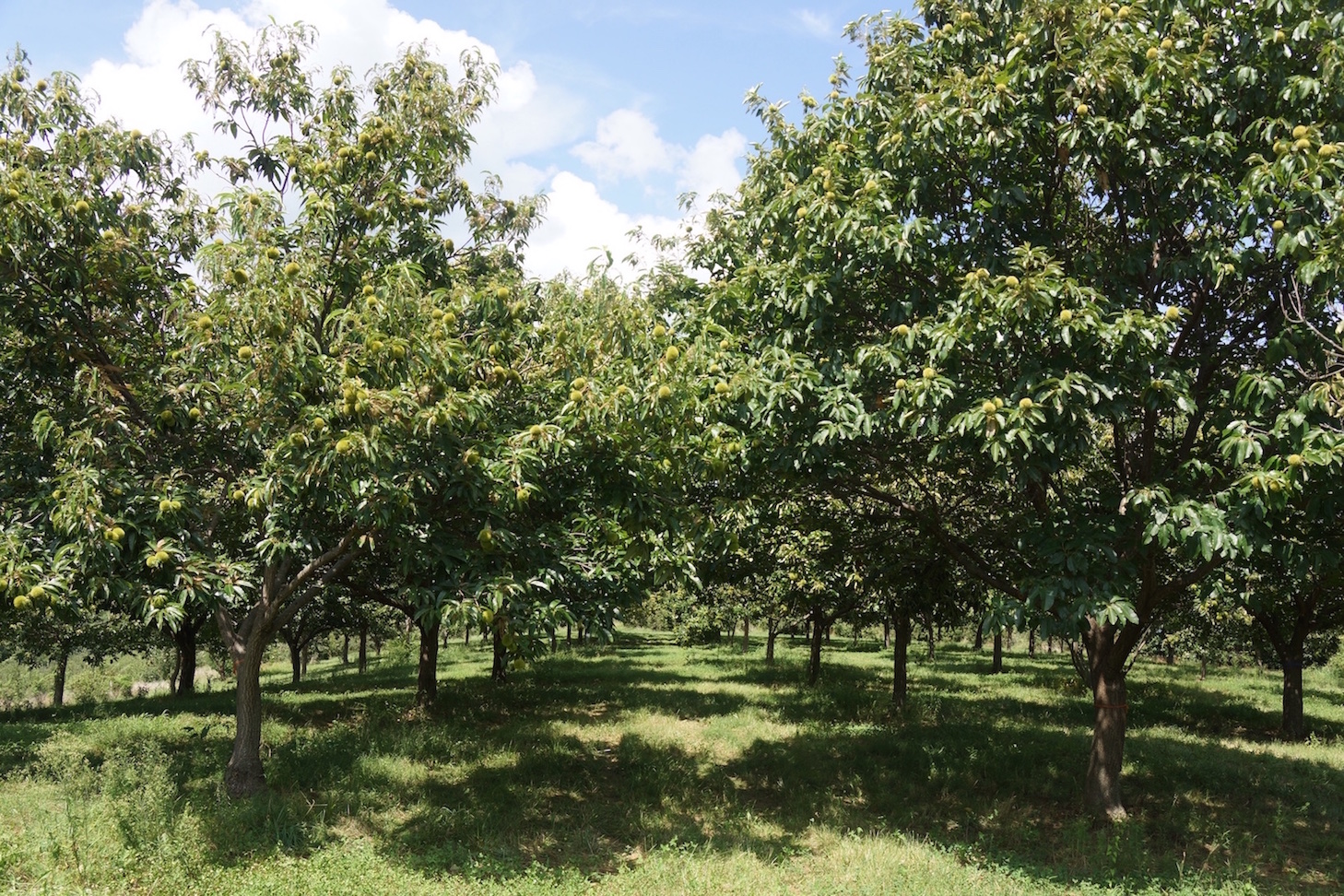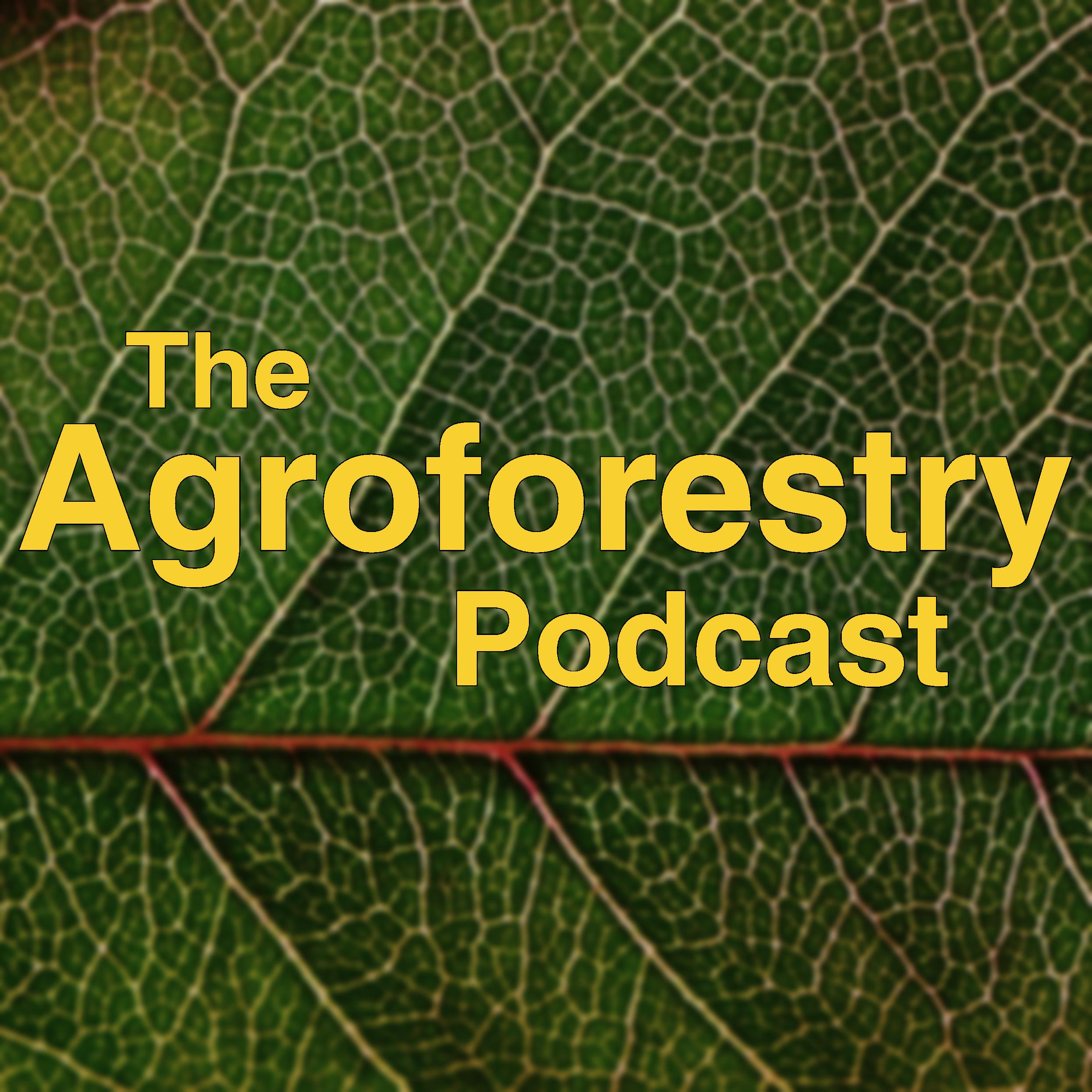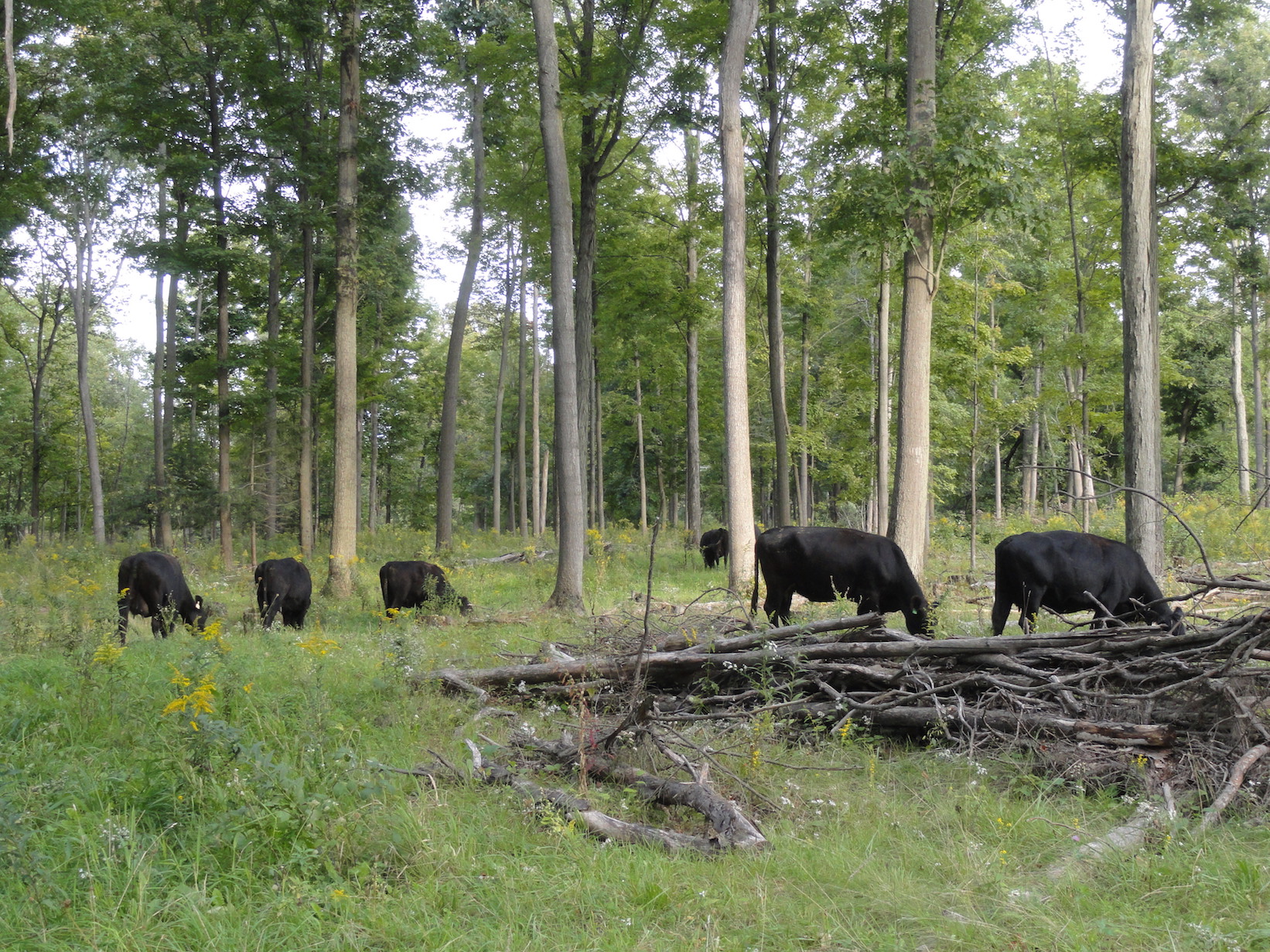Agroforestry, an intentional integration, and management of trees, crops, and livestock in a single management unit, offers several environmental, economic, and social benefits. Alley cropping is gaining importance as an alternative way to utilize the land and resources effectively and efficiently. Many crop species can increase the biomass produced, compared to the traditional monoculture, but the success of the system depends on the crop selection (Brooker et al. 2014). Well-managed agroforestry systems provide economic viability through regular, short-term income from crops and long-term income from trees (Wilson and Lovell 2016). The Southern United States has a large acreage of forested land, and many farms have a substantial acreage of forested land, a part of which is often cleared for monocropping with grain, fiber, and forage crops. Therefore, there is much potential for practicing alley cropping on these farms.
-
Details
-
Written by Mounika Pudota, Varsha C. Anche, Andrea Byars, Suresh Kumar, Uma Karki, Lila B. Karki, Dedrick D. Davis, and Srinivasa R. Mentreddy
Read more ...
A critical barrier to successful agroforestry adoption and implementation by farmers is the lack of extensive training opportunities in agroforestry. To meet this need, this season the Savanna Institute launches the first year of our Agroforestry Apprenticeship Program. Apprenticeships with on-farm training, while common for organic annual vegetable production, are nearly non-existent for agroforestry. This program is the first of its kind to provide on-farm training opportunities in agroforestry, where we connect the next generation of agroforestry farmers with seasoned mentors. Through on-farm training, online agroforestry coursework, and travel to other agroforestry farms throughout the Midwest, the apprenticeship program provides a multi-pronged approach to training agroforestry farmers that focuses on critical hands-on, in the field training, while also providing additional avenues for engaged learning.
-
Details
-
Written by Jessica Robinson, Savanna Institute, jess@savannainstitute.org
Read more ...






